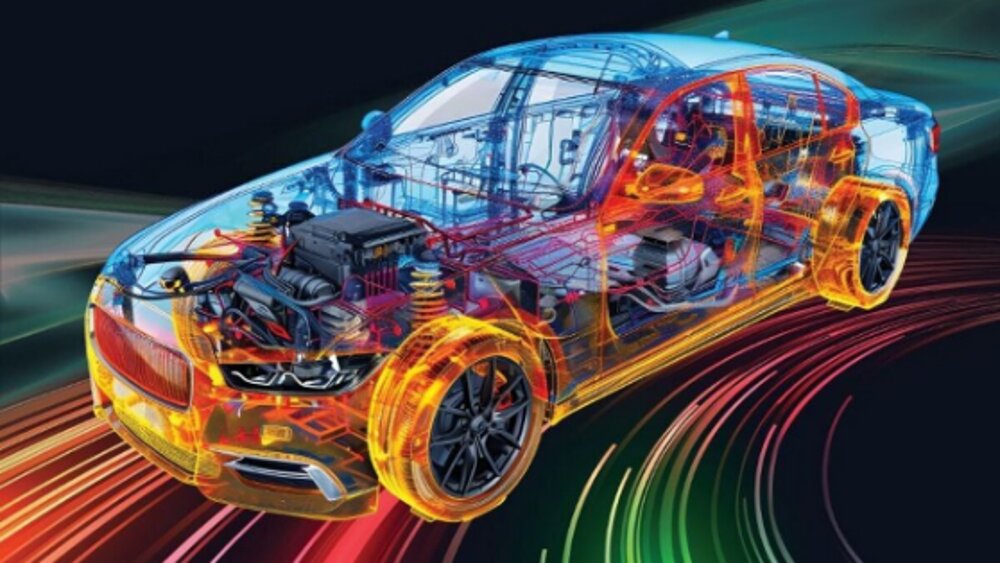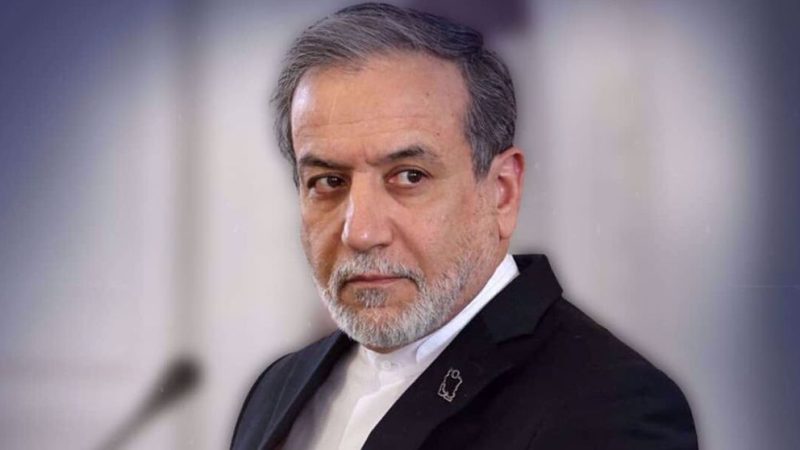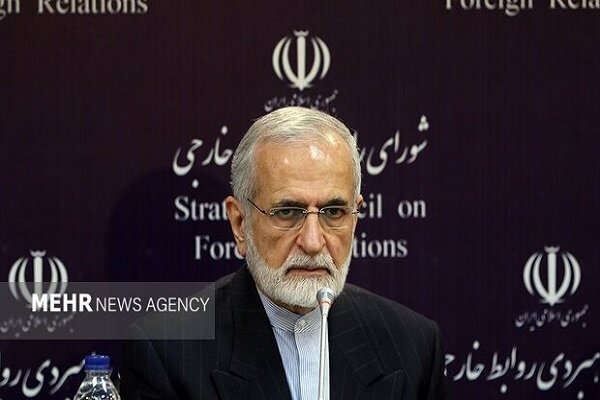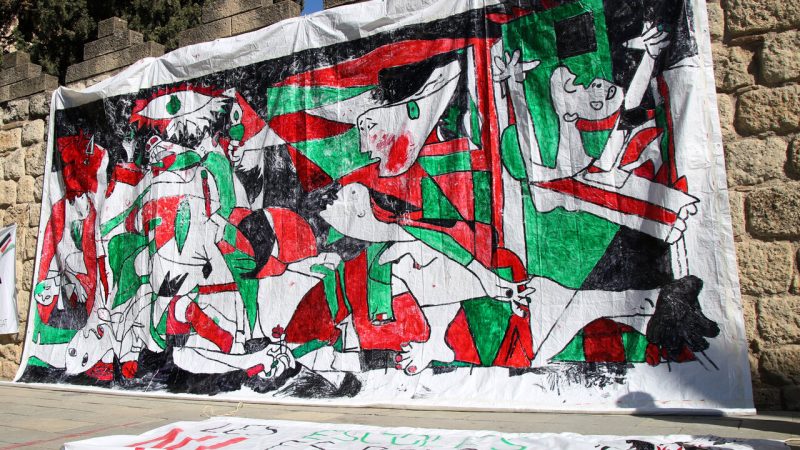Today, Iran is the 20th largest automaker in the world and one of the largest in Asia, with annual production of more than 1.2 million, according to Press TV.
The automotive industry is considered a strategic industry in the country, but it requires a parts manufacturing industry as a support for its movement and production cycle.
Therefore, the parts manufacturing industry is of great importance as the foundation of many industrial units.
Parts manufacturing is completely separate from the automotive industry in terms of expertise, facilities, and infrastructure, but they are members of the same family. This is because producing good, high-quality parts leads to producing high-quality vehicles, and as a result, increases the safety of the vehicle and its occupants.
The economic power of any country, after the military power which is considered an important deterrent tool for defending the country and its territory, is of great importance.
After the Islamic Revolution in 1979, sanctions have been a significant component of US policy towards Iran.
When the Trump administration reimposed sanctions on Iran in August 2018 after a brief hiatus, it reserved Washington’s first hammer blow for the auto and parts manufacturing industry, because of its crucial role in the country’s economy.
Just as the sector appeared all set for a long hibernation, domestic manufacturers sprang into action and began producing the parts which Iran depended on imports to assemble cars.
Currently, Iran is a country with an indigenous automotive sector with a local capacity to assemble semi knocked-down (SKD) and completely knocked-down (CKD) kits.
MNA








